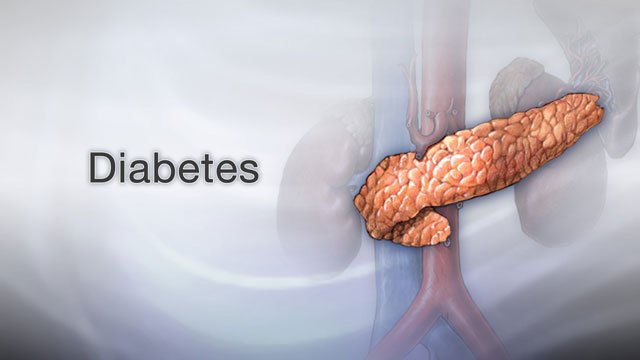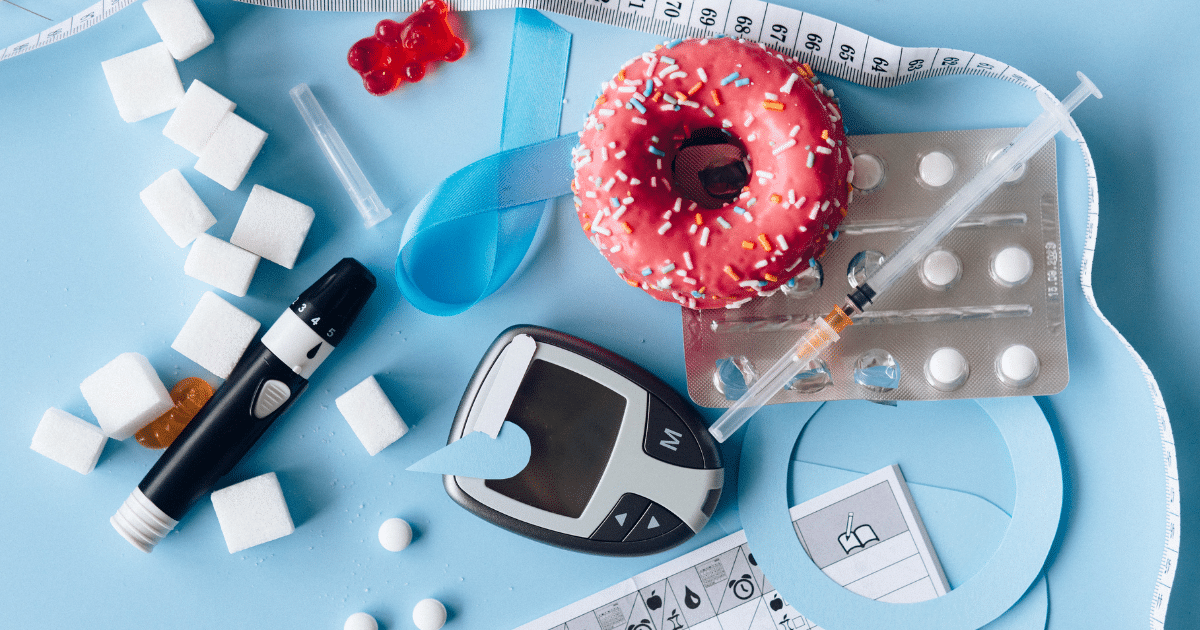Introduction
Diabetes is a chronic condition affecting millions of people worldwide. As awareness about diabetes grows, so do misconceptions and myths surrounding the disease. These myths can lead to confusion, stigma, and even dangerous health decisions. In this article, we will delve into the most common diabetes myths, debunk them with factual information, and provide clarity on what you truly need to know about diabetes. By understanding the truth behind these myths, you can make informed choices about your health and well-being.
Understanding Diabetes: The Facts Behind the Myths

Before we dive into the myths, it’s essential to understand what diabetes is. Diabetes is a metabolic disorder characterized by high blood sugar levels over a prolonged period. There are two primary types of diabetes: Type 1 and Type 2.
- Type 1 Diabetes: This is an autoimmune condition where the body attacks insulin-producing cells in the pancreas. It is usually diagnosed in children and young adults and requires lifelong insulin therapy.
- Type 2 Diabetes: This is the most common form of diabetes, often linked to lifestyle factors such as obesity and inactivity. The body either becomes resistant to insulin or doesn’t produce enough of it. Type 2 diabetes can often be managed or even reversed through lifestyle changes.
Diabetes Myths Busted: Myth 1 – You Can’t Eat Sugar if You Have Diabetes
One of the most prevalent myths is that people with diabetes must completely avoid sugar. While it’s true that managing sugar intake is essential, this doesn’t mean all sugar must be eliminated. It’s all about moderation and understanding carbohydrate counting. People with diabetes can enjoy sugary foods occasionally, provided they are mindful of their overall dietary intake and blood sugar levels.
Diabetes Myths Busted: Myth 2 – Diabetes is Caused by Eating Too Much Sugar
While excessive sugar consumption can lead to weight gain and increase the risk of Type 2 diabetes, it is not a direct cause of the condition. Genetics, lifestyle, and other factors play a significant role in the development of diabetes. It’s important to focus on a balanced diet rather than demonizing sugar alone.
Diabetes Myths Busted: Myth 3 – Only Overweight People Get Diabetes
While obesity is a significant risk factor for Type 2 diabetes, it’s not the only one. Genetics, age, and lifestyle also contribute to the development of the disease. Thin individuals can also develop Type 2 diabetes, especially if they have a family history of the disease or lead a sedentary lifestyle.
Diabetes Myths Busted: Myth 4 – People with Diabetes Can’t Eat Carbohydrates
Many believe that carbohydrates are off-limits for people with diabetes. However, carbohydrates are an essential part of a balanced diet. It’s crucial to focus on the type of carbohydrates consumed—whole grains, fruits, and vegetables are healthier options compared to refined sugars and processed foods. Monitoring portion sizes and carbohydrate intake is key.
Diabetes Myths Busted: Myth 5 – Insulin is Dangerous and Makes You Gain Weight
There is a misconception that insulin is harmful and leads to weight gain. Insulin is a necessary hormone for managing diabetes, especially for those with Type 1 diabetes. While some people may experience weight gain when starting insulin therapy, this can often be managed through diet and exercise. Insulin itself is not the enemy; rather, it helps maintain blood sugar levels.
Diabetes Myths Busted: Myth 6 – Diabetes is Not a Serious Condition
Many people underestimate the seriousness of diabetes. Untreated or poorly managed diabetes can lead to severe complications, including heart disease, kidney damage, nerve damage, and vision problems. It’s essential to take diabetes seriously and seek medical advice for proper management.
Diabetes Myths Busted: Myth 7 – You Can Cure Diabetes with Diet Alone
While lifestyle changes such as diet and exercise can significantly impact Type 2 diabetes, claiming it can be “cured” is misleading. For some individuals, weight loss and improved health can lead to remission, meaning they no longer need medication. However, this does not mean diabetes is completely cured; ongoing management is still necessary.
Diabetes Myths Busted: Myth 8 – Diabetes Only Affects Older Adults
Type 2 diabetes is indeed more common in older adults, but it can also affect younger individuals, including children and teenagers. The rise in obesity rates among younger populations has contributed to an increase in Type 2 diabetes diagnoses in these age groups.
Diabetes Myths Busted: Myth 9 – You Can’t Exercise if You Have Diabetes
Exercise is highly beneficial for individuals with diabetes. Regular physical activity helps improve insulin sensitivity, manage weight, and lower blood sugar levels. It’s essential to consult with a healthcare provider before starting any exercise regimen, but staying active is generally encouraged.
Diabetes Myths Busted: Myth 10 – Once You Have Diabetes, You Can’t Reverse It
While Type 2 diabetes can be managed effectively and even put into remission through lifestyle changes, it is not accurate to say it can be entirely “reversed.” Ongoing commitment to a healthy lifestyle is crucial for maintaining blood sugar levels and overall health.
The Importance of Education
Education plays a critical role in managing diabetes. Understanding the facts about diabetes can empower individuals to take control of their health and avoid the pitfalls of misinformation. Here are some key points to keep in mind:
- Consult Healthcare Professionals: Always seek guidance from healthcare providers when managing diabetes. They can provide personalized advice tailored to your specific needs.
- Stay Informed: Keep up with the latest research and information about diabetes. Knowledge is power, and staying informed can help you make better health decisions.
- Join Support Groups: Connecting with others who have diabetes can provide emotional support and valuable insights. Sharing experiences and tips can be incredibly beneficial.
- Monitor Your Health: Regular check-ups and monitoring of blood sugar levels are essential for effective diabetes management. This allows for timely adjustments to treatment plans as needed.
Frequently Asked Questions (FAQs)
1. Can I eat sweets if I have diabetes?
Yes, you can enjoy sweets in moderation. It’s essential to monitor your blood sugar levels and incorporate sweets into your overall meal plan.
2. How can I prevent Type 2 diabetes?
Maintaining a healthy weight, eating a balanced diet, exercising regularly, and avoiding smoking can significantly reduce your risk of developing Type 2 diabetes.
3. Is it safe to drink alcohol if I have diabetes?
Moderate alcohol consumption can be safe for some individuals with diabetes, but it’s essential to consult with a healthcare provider for personalized advice.
4. What are the symptoms of diabetes?
Common symptoms of diabetes include increased thirst, frequent urination, extreme fatigue, blurred vision, and slow-healing sores. If you experience these symptoms, consult a healthcare professional.
5. Can diabetes lead to other health issues?
Yes, poorly managed diabetes can lead to various complications, including heart disease, kidney damage, nerve damage, and vision problems. It’s crucial to manage your diabetes effectively to reduce these risks.
Conclusion
Diabetes is a complex condition that requires understanding, management, and ongoing education. By debunking common myths about diabetes, we hope to shed light on the realities of living with the disease. It’s essential to approach diabetes with an informed mindset, prioritize health, and seek professional guidance. Remember, you are not alone in this journey—support, education, and proper management can lead to a fulfilling and healthy life despite diabetes. Stay informed, stay empowered, and take control of your health today!

